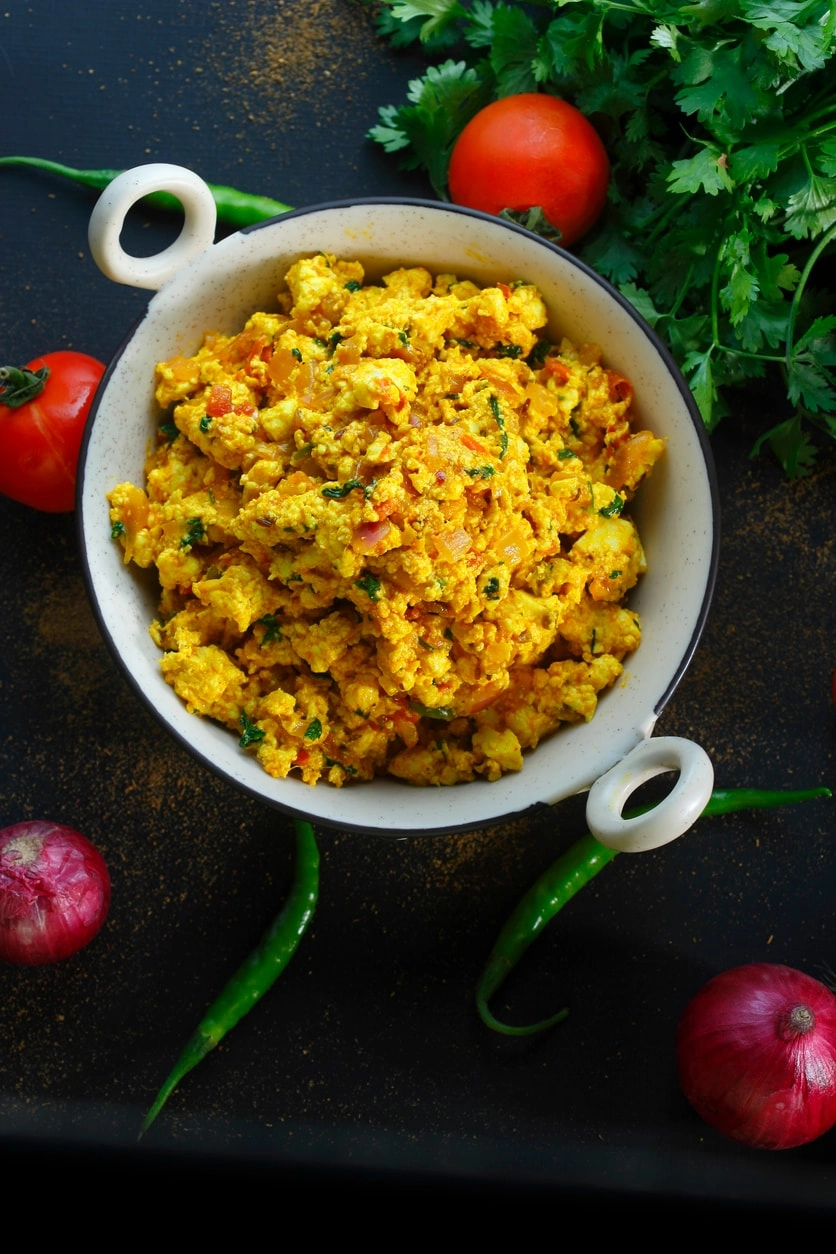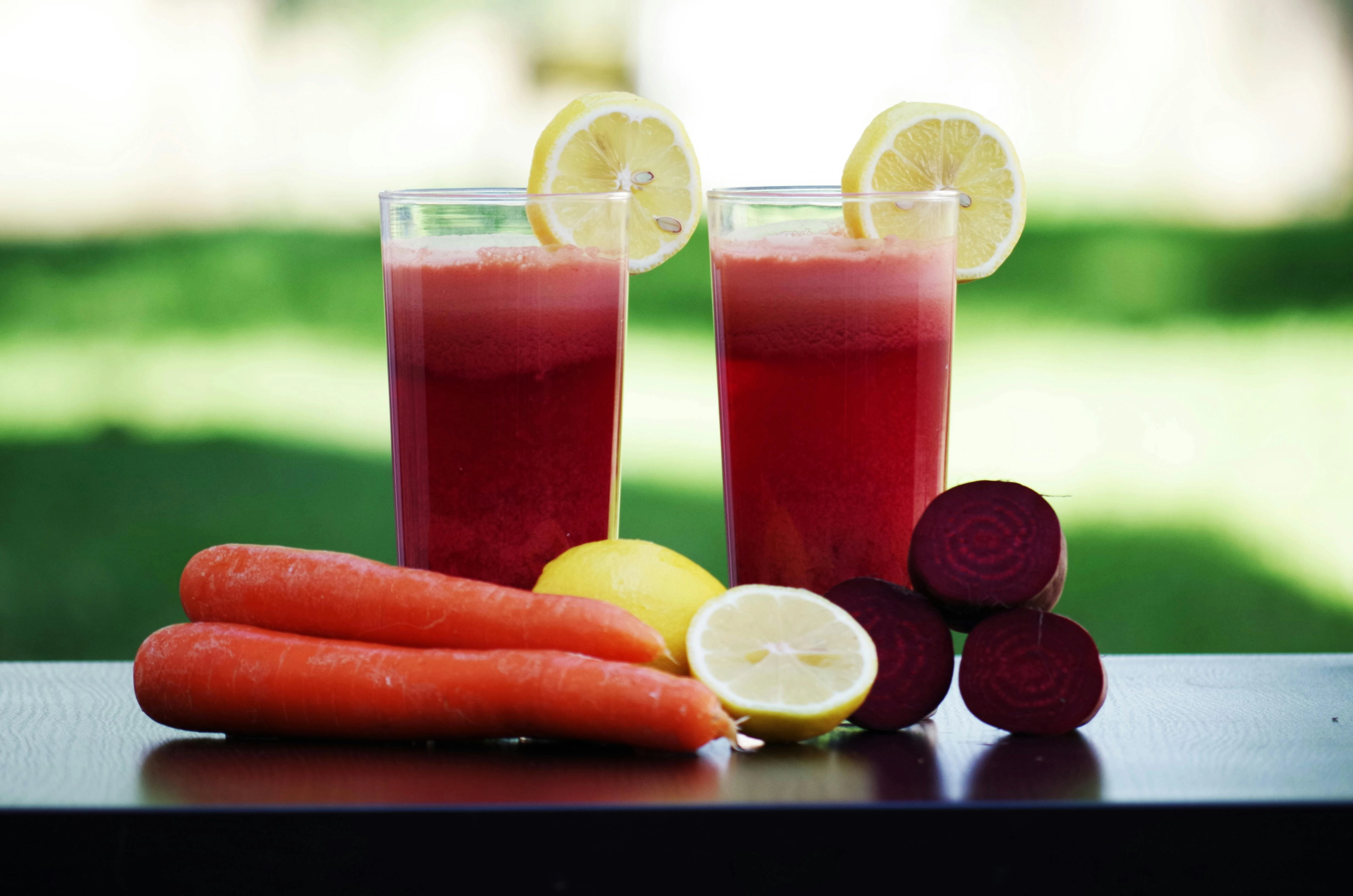As we age, our bodies undergo various changes that can affect metabolism, energy levels, and overall health. By the time we reach our 30s, it becomes increasingly important to refine our dietary choices to support weight loss and promote well-being. Here are five smart changes to consider for your diet chart that can help facilitate weight loss after 30.
Firstly, incorporating more whole foods into your diet can significantly impact your weight loss journey. Whole foods, such as fruits, vegetables, whole grains, lean proteins, and healthy fats, provide essential nutrients while being lower in calories. They are also high in fiber, which can help you feel fuller for longer, reducing the likelihood of overeating. Aim to fill your plate with a rainbow of colorful vegetables and fruits, as they are rich in vitamins, minerals, and antioxidants that support overall health.
Secondly, it’s crucial to pay attention to portion sizes. As our metabolism slows with age, consuming excessive calories can lead to weight gain. Utilizing smaller plates or measuring out servings can help manage portion sizes and prevent mindless eating. Additionally, practicing mindful eating—such as savoring each bite and listening to your hunger cues—can contribute to healthier eating habits. This approach encourages a better relationship with food and can assist in recognizing when you are truly hungry versus eating out of boredom or stress.
Another smart change is to reduce your intake of refined sugars and processed foods. These items are often high in calories but low in nutritional value, making it easy to consume excess calories without feeling satisfied. Instead, opt for natural sweeteners like honey or maple syrup in moderation, and focus on whole food alternatives that provide lasting energy and nutrients. Cooking more at home can also help you control the ingredients in your meals, promoting healthier choices.
Furthermore, incorporating healthy fats into your diet can enhance weight loss efforts. Contrary to popular belief, fats are not the enemy; rather, healthy fats from sources like avocados, nuts, seeds, and olive oil can help you feel satiated. These fats can also support heart health and improve your metabolism. Including a moderate amount of healthy fats in your meals can make a significant difference in your weight loss journey, especially when balanced with other macronutrients.
Lastly, staying hydrated is essential for effective weight loss. Often, we confuse thirst with hunger, leading to unnecessary snacking. Drinking plenty of water throughout the day can help curb false hunger signals and keep your metabolism functioning optimally. Consider starting your day with a glass of water or herbal tea, and keep a water bottle on hand to remind yourself to hydrate. By making these five smart changes to your diet chart, you can work towards achieving your weight loss goals while maintaining a balanced and healthy lifestyle in your 30s and beyond.




